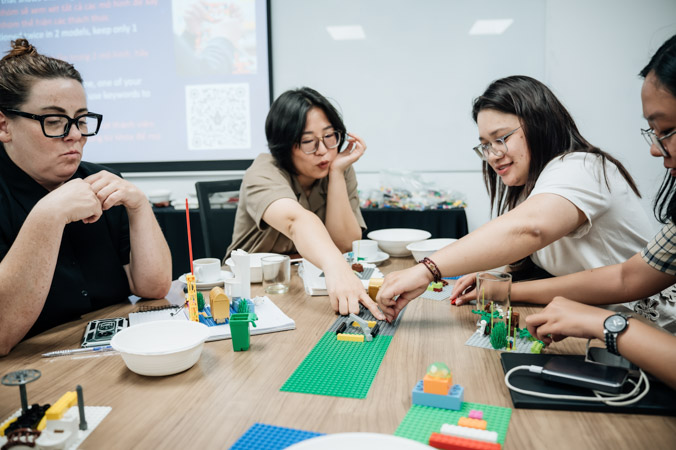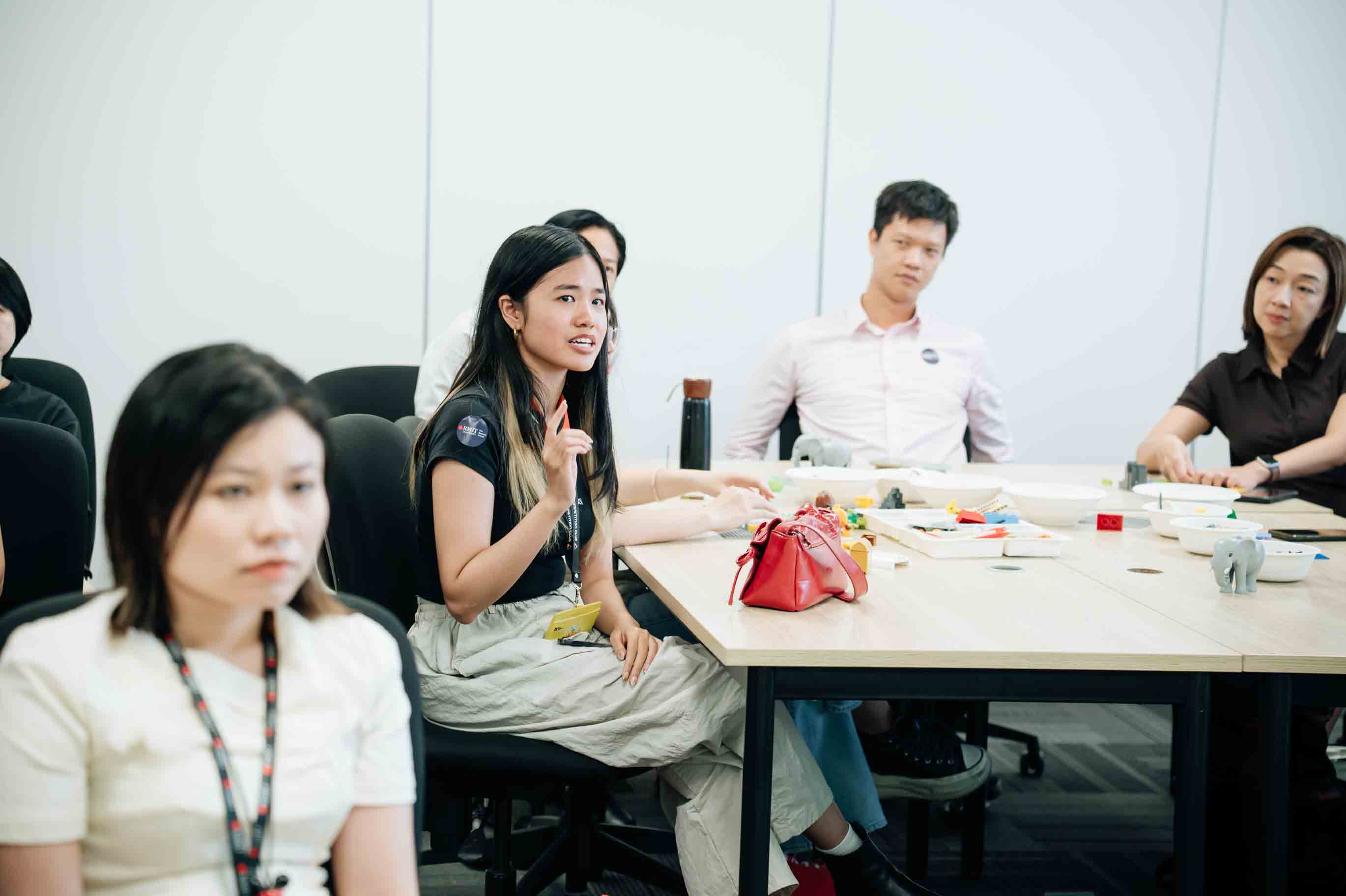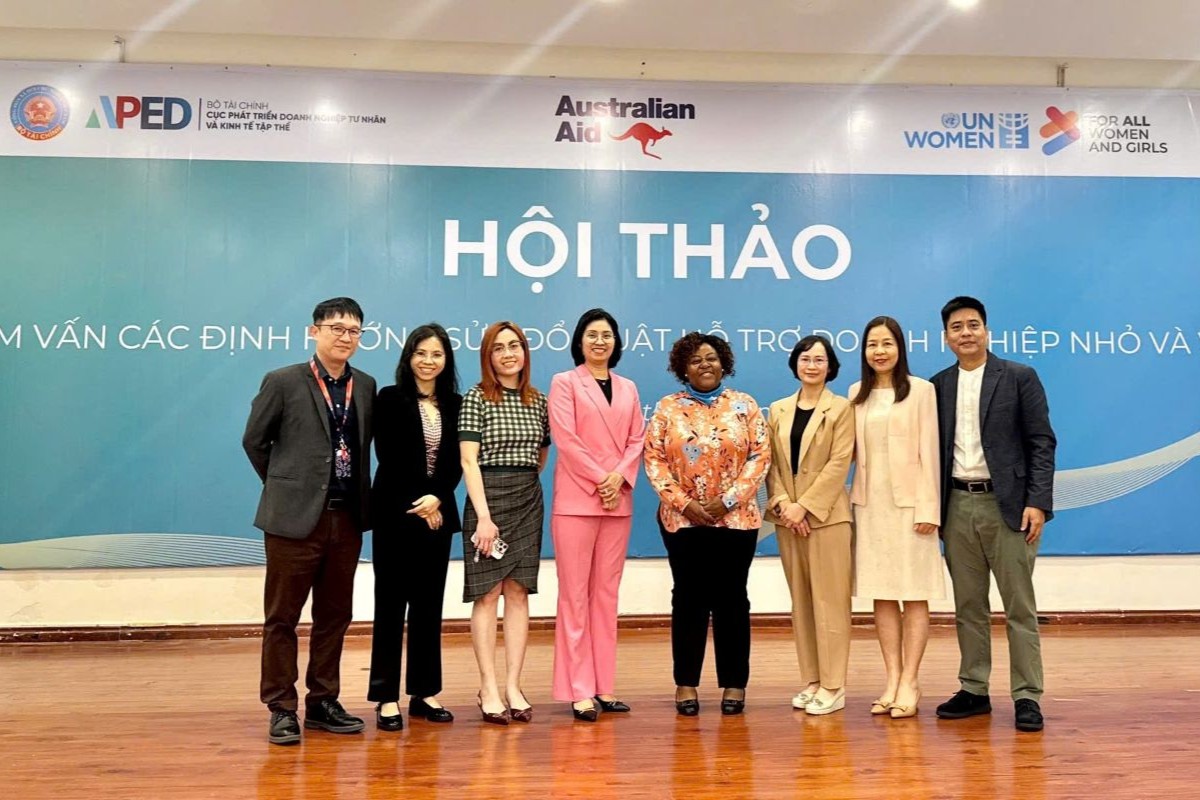RMIT Vietnam has been actively embedding LSP into classrooms, workshops, and leadership development initiatives across disciplines, from business and management to communication, education, and sustainability. Supported by certified LSP facilitators and cross-campus collaboration, the approach aligns with RMIT’s learner-centred and future-focused teaching philosophy.
“Learners are not just recipients of knowledge, but active participants in co-creating it,” shared Ms Jodie Altan, RMIT Vietnam’s Associate Pro Vice-Chancellor, Engagement, emphasising the University’s commitment to innovative pedagogies such as LSP and the i5Impact framework that are advocated by the United Nations Principles for Responsible Management Education (UN PRME).
A new way to learn and lead
Associate Professor Elaine Chew, a certified LSP facilitator, has introduced the method to educators and corporate trainers seeking more engaging and inclusive learning experiences.
“Playful learning doesn’t mean easy learning,” she explained. “It’s about creating a space where diverse people can explore complex problems, share perspectives, and discover solutions together.”
Other RMIT experts echo this sentiment. Dr Jessica Helmi, RMIT Australia, noted that while AI can increase access to information, it can also diminish the social fabric of education.
“Playful learning brings people together,” she said. “It encourages risk-taking, reflection, and rediscovery of the joy in making mistakes.”
From an industry perspective, Ms Thuong My An, a member of the Saigontourist Group’s Members’ Council, shared her experience in using LSP to foster innovation and unity.
“It removes hierarchy,” she said. “Everyone, including leaders, managers, and staff, can build and contribute equally. Sometimes the smallest model sparks the biggest strategy.”
Learning through play in action
Across RMIT Vietnam and its regional networks in Indonesia, Malaysia and Singapore, LSP has been applied in creative and discipline-specific ways:
- Business education: Students build models of supply chains, organisational structures, or market systems to visualise complexity and identify opportunities for improvement.
- Leadership and teamwork: Participants use metaphor and narrative to surface values, communication styles, and shared visions, leading to stronger cohesion and empathy.
- Sustainability and innovation: Learners construct representations of personal and societal change, exploring what sustainable living means to them through storytelling.
- Language learning: Hands-on modelling enhances engagement and memory, transforming classrooms into collaborative, joyful spaces of discovery.






